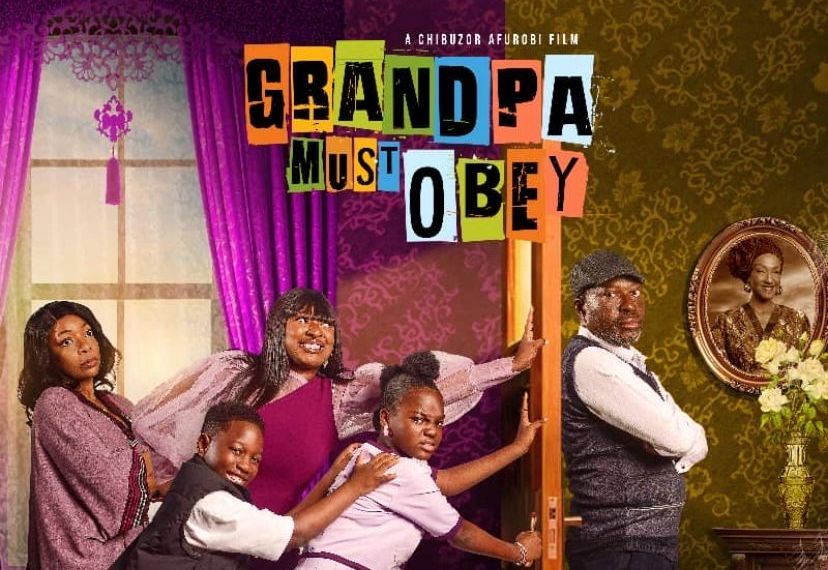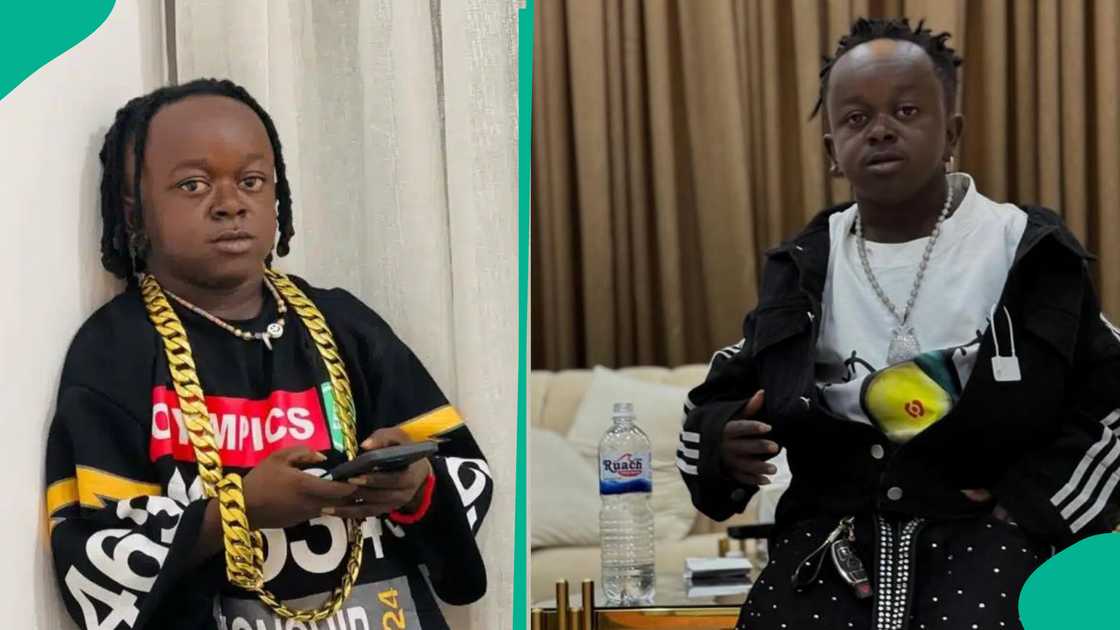Nigerians have been buzzing with speculation in the aftermath of Big Brother Naija Season 10, not only because of the ₦150 million grand prize winner but also due to rumors swirling over possible hefty tax deductions under the freshly signed – but not yet active – 2025 Tax Reform Act. The drama has played out almost as intensely as the BBNaija house itself, with many residents across the country wondering whether the much-publicised new tax rates would swallow a large chunk of this year’s winner’s fortune.
Background: A New Era for Taxation in Nigeria
The Nigerian government’s ambitious 2025 Tax Reform Act was signed with the intention of overhauling both personal and corporate taxation. The reform, targeted at boosting Nigeria’s non-oil revenues and aligning with recommendations from the Federal Inland Revenue Service (FIRS), raises the top personal income tax rate to 25% for individuals earning over ₦50 million per annum. Businesses face fresh levies, and tighter regulations for capital gains are on the horizon, all set to take effect from 1 January 2026.
But as of the time of Imisi’s big win, those laws remain purely on paper – the implementation date is still months away. As a result, the 25% rate and other provisions of the act do not yet impact prizes awarded during the 2025 fiscal year, including the BBNaija winnings, according to financial law experts and statements from the Federal Ministry of Finance.
Viral Outrage and Social Media Reactions
News headlines and blogs trended furiously last weekend as conflicting reports suggested that the ₦150 million BBNaija prize would face an immediate 25% tax. Social media platforms, notably Facebook and X (formerly Twitter), saw the hashtags #BBNaijaTax and #ImisiWin rocket to the top as ordinary Nigerians aired their confusion, anger, or acceptance over what many dubbed a “tax hammer.”
Jurist Oliver Man-Dee commented on Facebook, “Till next year 2026 — ₦37m no be small money,” referring to the amount that would be deducted under the 25% tax rate if it applied. Sele Bobo, another user, criticized the tendency of citizens to accept government policies without protest, saying, “You people have finally accepted to pay this tax to a government only interested in themselves and family. You adjust and adapt to so many nonsense the government dish out giving them more power to squeeze you dry.”
Expressing concern for the financial impact, Ndifreke Anasazi lamented, “₦37 million to tax no be small money oo. Tinubu dey play with fire.” Yet, Kingsley Afonughe saw the issue from a societal responsibility lens, stating, “To whom much is given, much is expected.”
BBNaija’s Record-Setting Season: The Stakes and the Winner
This year’s Big Brother Naija captivated audiences not only in Nigeria but across West Africa, with fans in Ghana, Liberia, Cameroon, and even the Diaspora tuning in weekly. A record 29 housemates entered the house—a microcosm of the country’s youth, dreams, and drama. Throughout ten weeks, millions watched as alliances formed, strategies failed, and personalities clashed.
By the final week, 29 contestants had been whittled down to nine. Among them, Imisi emerged as a favorite due to her charisma and gameplay, with some housemates voluntarily departing and at least one being disqualified for breaching house rules. Sunday’s finale was tense and emotional, culminating in Imisi and Dede as the final two. In a climax watched across Africa, Imisi claimed the crown and the ₦150 million prize, etching her name into Nigerian pop culture history.
Expert Analysis: What Do Tax Laws Actually Say?
Contrary to the initial flood of misinformation, the 2025 Tax Reform Act will not impact Imisi’s winnings from BBNaija Season 10. Lagos-based tax consultant, Mrs. Uchenna Onwumere, explained in an interview, “The prize is awarded under the 2025 fiscal year, before the formal commencement of the new act. Therefore, the new 25% rate for individuals earning above ₦50 million only applies to income received from January 1, 2026, onwards. However, existing withholding taxes or lottery levies still apply.”
This means Imisi’s ₦150 million may still face deductions under current regulations, which include a potential withholding tax on lottery or prize winnings that could range from 10% to 20% depending on applicable state revenue laws and existing FIRS guidance (see the FIRS official site for current rates). However, these are lower than the new 25% rate and should not be confused with the pending tax changes.
Comparisons: How Does Nigeria Stack Up?
The uproar around taxation and reality show prize money isn’t unique to Nigeria. In South Africa, reality game show winners pay up to 45% in personal income tax on prizes, according to the South African Revenue Service (SARS). The United States applies federal and, in some cases, state taxes to all game show winnings, sometimes exceeding 30%. Yet, in Ghana and much of West Africa, similar reforms are still under debate, and the enforcement of taxes on lottery and entertainment winnings is inconsistent.
For Nigeria, the reforms are part of a wider push to formalize the entertainment industry and plug revenue leakages, as highlighted by government statements during the drafting of the act. The country’s growing creative and tech sectors have frequently been targeted for taxation reforms to increase compliance and raise state revenue.
Expert Concerns and Community Responses
While government officials argue that higher taxes are vital for funding infrastructure and social services, many Nigerians worry about transparency, utilization of tax funds, and the risk of discouraging both local and foreign investment. Mr. Adekunle Lawal, senior policy analyst at a Lagos-based think tank, told NOWAHALAZONE, “Boosting tax revenue must go hand-in-hand with ensuring public trust. Without visible improvements in services and strong anti-corruption measures, people will resist new rates regardless of government intentions.”
The conversation extends beyond BBNaija, touching on everyday realities for Nigerian workers, traders, and SMEs, who often feel the pinch of multiple taxation and inconsistent policy implementation. Some advocates call for a more gradual phase-in of new taxes and stronger public engagement in such reforms.
The Broader Implications: What’s Next?
Looking ahead, the 2025 Tax Reform Act represents a pivotal moment for Nigerian taxation, with direct impact on high-income earners, entrepreneurs, and prizewinners. Implementation remains key, and according to the Ministry of Finance, transitional guidelines will be published ahead of the 2026 effective date, giving businesses and individuals time to adjust. Whether this leads to improved development outcomes or fuels further public debate will depend on the government’s ability to deliver tangible benefits and build public confidence.
For fans and future BBNaija housemates, the spotlight will not only be on charisma and gameplay—but on how much of the eventual prize they get to keep after the taxman calls.
Have you been following the BBNaija prize drama or are you concerned about how new tax laws will affect ordinary Nigerians? What’s your honest take on whether these reforms are a step forward or just more pressure on the average citizen? Share your thoughts in the comments and stay tuned for more updates.
Join the conversation! What do you think about the new tax reforms and their impact on entertainment prizes like BBNaija? Tell us your views and how these tax changes might affect you, your business, or your community.
Have a story you want to share or sell? We’d love to hear from you! Email us at story@nowahalazone.com to get your story featured or discuss story sales.
For general support or to share your tips, reach out at support@nowahalazone.com.
Connect with us and keep the gist going—follow for the latest headlines on Facebook, X (Twitter), and Instagram!










